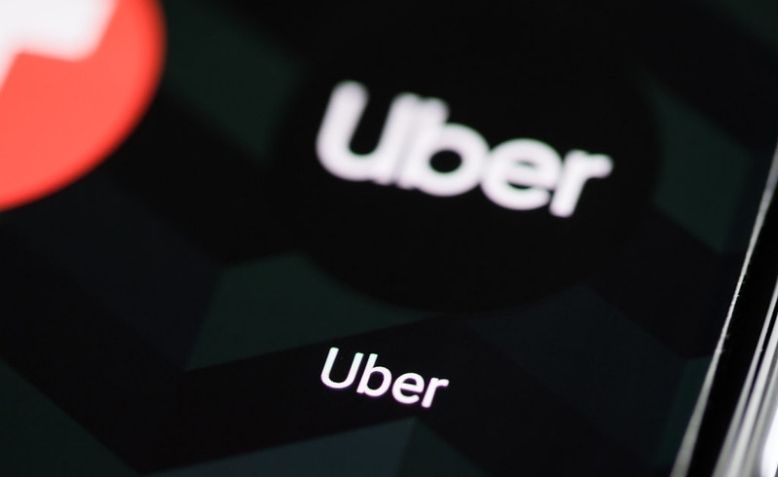 Uber app icon on smartphone. Photo: Ivan Radic - Flickr / cropped from original / shared under license CC BY 2.0 linked below
Uber app icon on smartphone. Photo: Ivan Radic - Flickr / cropped from original / shared under license CC BY 2.0 linked below
Drivers and couriers for Uber have won a resounding victory to enforce this year’s Supreme Court ruling, showing the power of organised action, reports Unjum Mirza
Earlier this year, the ADCU (App Drivers and Couriers Union) secured a landmark ruling at the Supreme court which ordered its drivers to be re-classified as workers.
But while the government failed to enforce the judgment and TfL claimed ‘neutrality’, Uber refused to obey the ruling and instead sought ‘clarity’ over comments made in a portion of the Supreme Court judgment at the High Court. Uber insisted its role was that of an internet booking agent, and that it was not a party to any contract for the provision of transport.
At a packed meeting of drivers in London, James Farrar, ADCU general secretary, spelt out exactly what this meant: it was Uber’s first legal effort to:
“unpick the lock of that ruling. Uber was trying to break the link between that ruling and their license. And if they got away with that the next thing they’d do is start salami-slicing away that ruling. And you’d be left with nothing.”


Uber lost! Again!
The judges ruled on Monday that ‘in order to operate lawfully, an operator must undertake a contractual obligation to passengers,’ while adding that London’s transport regulator will need to reconsider its current guidance to reflect the ruling.
The ADCU states that the High Court decision ‘will fundamentally restructure the private hire industry in London.’ Farrar added that ‘rather than fix its broken business model, Uber was determined to double down on misclassification at the cost of worker rights, passenger safety, and the avoidance of VAT.’
As drivers continued to arrive, filling the hall to capacity, Farrar explained:
“Uber said you are your own boss. They said they were just an agent in the cloud. But they’re not. They never have been. They have always been managing us. They have always been managing you. And if anything, that management has only become more intense.”
Yaseen Aslam, ADCU President added,
“For years, the Mayor and Transport for London told us they had no powers to protect TfL licensed drivers from brutal exploitation by licensed operators like Uber. This ruling confirms that not only that they had the powers all along but, in fact, they had the duty to act on these powers but failed to do so.
“The Mayor of London must now order an urgent review of TfL to find out what went wrong, to bring the industry rapidly into compliance, and to ensure passengers and drivers are never again put at risk like this.”
An Uber spokesperson said: “Every private-hire operator in London will be impacted by this decision, and should comply with the Supreme Court verdict in full.” Meanwhile, TfL stated that “all operators will need to carefully consider the court’s judgment and take steps to ensure that they comply with it, including considering whether any changes to their way of working are required.”
The implications for the battle over workers’ rights in the gig economy are massive as ‘worker’ recognition opens access to pay for working time and waiting time, sick pay, vacation pay, rest breaks, the minimum wage, and more.
Crucially, Farrar’s address to members located exactly where the real power lies:
“We can’t rely on courts. We can’t rely on institutions. We can’t rely on the government. We have to fight all those cases but we can’t rely on those things. The only thing we can really ever rely on is the power in this room tonight. That’s the source of our power. And when we go to court, we give voice to this power.”
The full judgment can be read here.
Fund the fightback
We urgently need stronger socialist organisation to push for the widest possible resistance and put the case for change. Please donate generously to this year’s Counterfire appeal and help us meet our £25,000 target as fast as possible.

